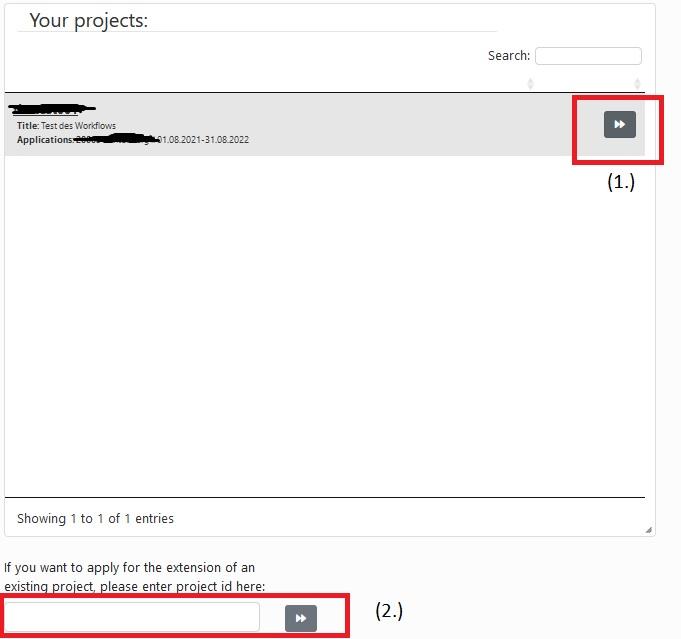Guinea’s Political Landscape: Rising Demands for Aliou Bah’s Release
The political climate in Guinea is increasingly fraught, as the military junta faces intensifying calls for the release of opposition leader Aliou Bah.His detention, which occurred amidst growing unrest following last year’s contentious coup, has ignited widespread protests both locally and internationally.Observers from human rights organizations to everyday citizens are expressing outrage over what they perceive as a direct attack on dissent and a significant threat to the country’s emerging democratic ideals. The ongoing protests in Conakry highlight not only individual grievances but also broader concerns regarding governance and civil liberties in Guinea.
Growing Unrest in Guinea
Recent events have underscored a surge in political activism across Guinea, with citizens rallying behind Aliou Bah‚Äôs cause after his arrest by the ruling junta. Demonstrators accuse the government of stifling dissent and undermining democratic principles, reflecting deep-seated frustrations within society. This unrest serves as a critical reminder of how precarious Guinea’s political situation remains, with increasing demands for justice and clarity amid fears of rising authoritarianism.
In response to these developments, various political groups have united to advocate for Bah’s release while emphasizing their commitment to human rights and democratic reform. Community leaders alongside civil society organizations are organizing rallies aimed at amplifying public discontent towards governmental actions. The junta’s next steps will be pivotal; any further escalation could lead to greater instability throughout the region as key stakeholders watch closely for signs of resolution that might foster a more equitable political surroundings.
Global Response to Political Repression
The international community has expressed serious concerns regarding escalating tensions within Guinea as scrutiny mounts over how opposition figures are treated by the military regime. In recent weeks, calls for reform have intensified following Aliou Bah’s detention; numerous governments and advocacy groups are demanding his immediate release. This situation highlights broader issues surrounding repression within the country where civil liberties continue to be curtailed considerably.
Human rights advocates have outlined specific demands directed at the junta that emphasize addressing public grievances through constructive dialog with opposition parties:
- Immediate liberation of all political prisoners including Aliou Bah.
- Restoration of freedoms related to expression and assembly.
- A commitment towards ensuring transparent electoral processes moving forward.
The international community must maintain pressure on Guinean authorities if there is any hope of upholding democratic values during this tumultuous period. Analysts caution that neglecting these pressing issues could result in further unrest that destabilizes not just Guinea but possibly impacts regional stability overall.
Pathways Toward Democratic Reconciliation Post-Coup
As tensions rise following last year‚Äôs coup d’√©tat in Guinea, discussions around potential pathways toward reconciliation emphasize inclusivity and open dialogue among all stakeholders involved‚ÄĒcivil society organizations, political entities, and international partners alike stress consensus-building approaches aimed at addressing underlying causes fueling discontent among citizens.Some proposed strategies include:
- Nationwide Inclusive Dialogue: Initiating discussions involving diverse political factions‚ÄĒincluding marginalized voices‚ÄĒto foster understanding while alleviating grievances present within society.
- Frameworks for Transitional Justice: Establishing mechanisms designed specifically to address past human rights violations while promoting accountability alongside healing efforts throughout communities affected by past injustices.
- Elections Reform Initiatives: Implementing comprehensive reforms intended not only restore faith amongst voters but also encourage wider participation during upcoming elections scheduled ahead.
The role played by external actors can prove crucial when it comes supporting these reconciliation initiatives through mediated dialogues or resource allocation aimed at rebuilding essential democratic institutions.Pivotal contributions may encompass:
- Elections Monitoring Efforts: Deploying observers tasked with ensuring fairness throughout electoral processes conducted moving forward;
- Civic Capacity Building Programs: Providing training resources necessary strengthen local governance structures along side advocacy efforts led by civil societies;
- Diplomatic Sanctions & Incentives: Leveraging diplomatic pressures upon ruling authorities encouraging commitments towards implementing meaningful reforms whilst offering incentives contingent upon compliance .
 
Conclusion: A Pivotal Moment for Democracy in Guinea
 
As global attention remains fixed on developments unfolding within Guinean borders , calls advocating freedom concerning opposition leader alioubah grow louder each day . How effectively does this military regime respond amidst mounting pressures from both domestic activists foreign governments ? Their approach will undoubtedly shape future trajectories concerning democracy across nation . With critical days ahead , it becomes imperative whether they heed demands calling forth justice or persist down paths leading toward repression instead . News Central TV commits itself providing timely updates surrounding crisis implications affecting guineas future trajectory .
 







